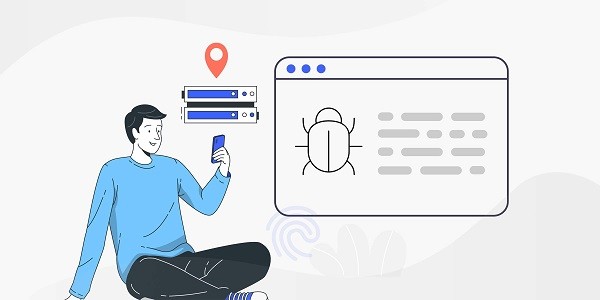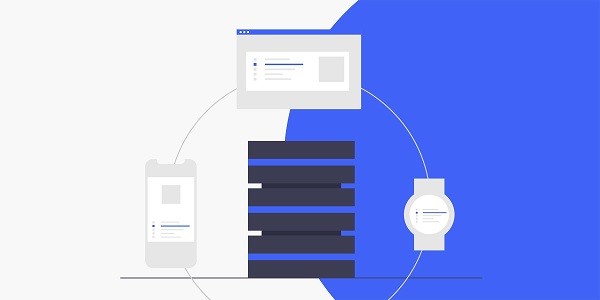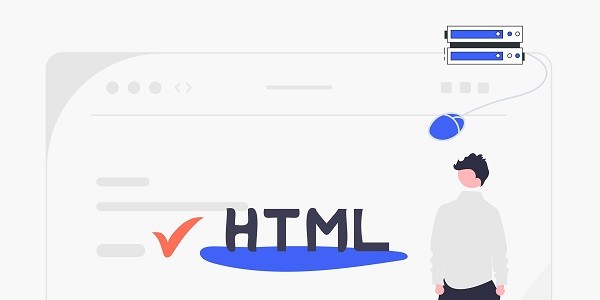IP2world analyzes the core principles of proxy lookup and discusses how products such as dynamic residential proxies and static ISP proxies can respond to detection through technical optimization, ensure anonymity and data security, and help you manage your network identity efficiently. What exactly is Proxy Lookup?Proxy lookup is a process that uses technical means to analyze hidden information such as proxy IP attributes, geographic location, network type, etc. As companies increase their requirements for data security and network compliance, proxy lookup has gradually become a key tool for identifying anonymous proxies and preventing abuse. In this field, IP2world provides users with highly concealed proxy services through products such as dynamic residential proxies and static ISP proxies, while being compatible with mainstream detection mechanisms. Why has proxy lookup become a key link in enterprise data security?Modern enterprises rely on proxy IPs to complete tasks such as market research, advertising verification, and price monitoring. However, proxies with insufficient anonymity may expose the real IP, leading to data leakage or being blocked. Proxy lookup technology can quickly distinguish data center proxies from residential proxies and identify abnormal traffic by analyzing parameters such as the IP's ASN (autonomous system number), protocol characteristics, and request frequency. For example, static ISP proxies are directly bound to the operator's IP, so their behavior patterns are closer to real users and can effectively evade detection. How to reduce the probability of being identified by proxy type selection?The concealment of the proxy IP is strongly related to its type:Dynamic residential proxy : The IP pool is rotated regularly to simulate the geographical distribution and online behavior of real users, which is suitable for scenarios that require high-frequency IP switching;Static ISP proxy : provides a fixed IP address, which is both stable and highly anonymizing, and is suitable for long-term login or account management;Exclusive data center proxy : Exclusive server resources, avoiding the risks associated with shared IP, suitable for businesses with extremely high requirements for speed and stability;S5 proxy : Based on SOCKS5 protocol, supports TCP/UDP full protocol transmission, often used for crawlers or multiple game openings;Unlimited servers : No traffic restrictions, suitable for large-scale data collection tasks.IP2world covers all categories of proxies listed above. Users can flexibly match them according to business needs to minimize the risk of being marked by proxy lookup. How does the anonymity level of the proxy IP affect the detection results?The anonymity of proxy IP is divided into three levels:Transparent proxy : transmits real IP address, easy to identify;Ordinary anonymous proxy : hides the real IP but retains the proxy features, which may trigger security policies;Highly anonymous proxy (such as IP2world's residential proxy) : completely simulates the real user environment and leaves no proxy traces.Highly anonymous proxies make it difficult for proxy lookup tools to track the source of the proxy server by dynamically switching HTTP header information, randomizing TCP fingerprints, matching local time zones and other details. How will proxy lookup technology evolve in the future?With the popularity of AI-driven traffic analysis tools, proxy lookup is shifting from rule matching to behavior modeling. For example, machine learning is used to identify the temporal distribution of IP requests, or device fingerprints are used to verify the authenticity of the proxy environment. In response to this, IP2world helps users cope with increasingly complex detection mechanisms by optimizing the distribution density of IP pools, enhancing protocol obfuscation capabilities, and providing customized rotation strategies.As a professional proxy IP service provider, IP2world provides a variety of high-quality proxy IP products, including dynamic residential proxy, static ISP proxy, exclusive data center proxy, S5 proxy and unlimited servers, suitable for a variety of application scenarios. If you are looking for a reliable proxy IP service, welcome to visit IP2world official website for more details.
2025-04-08









